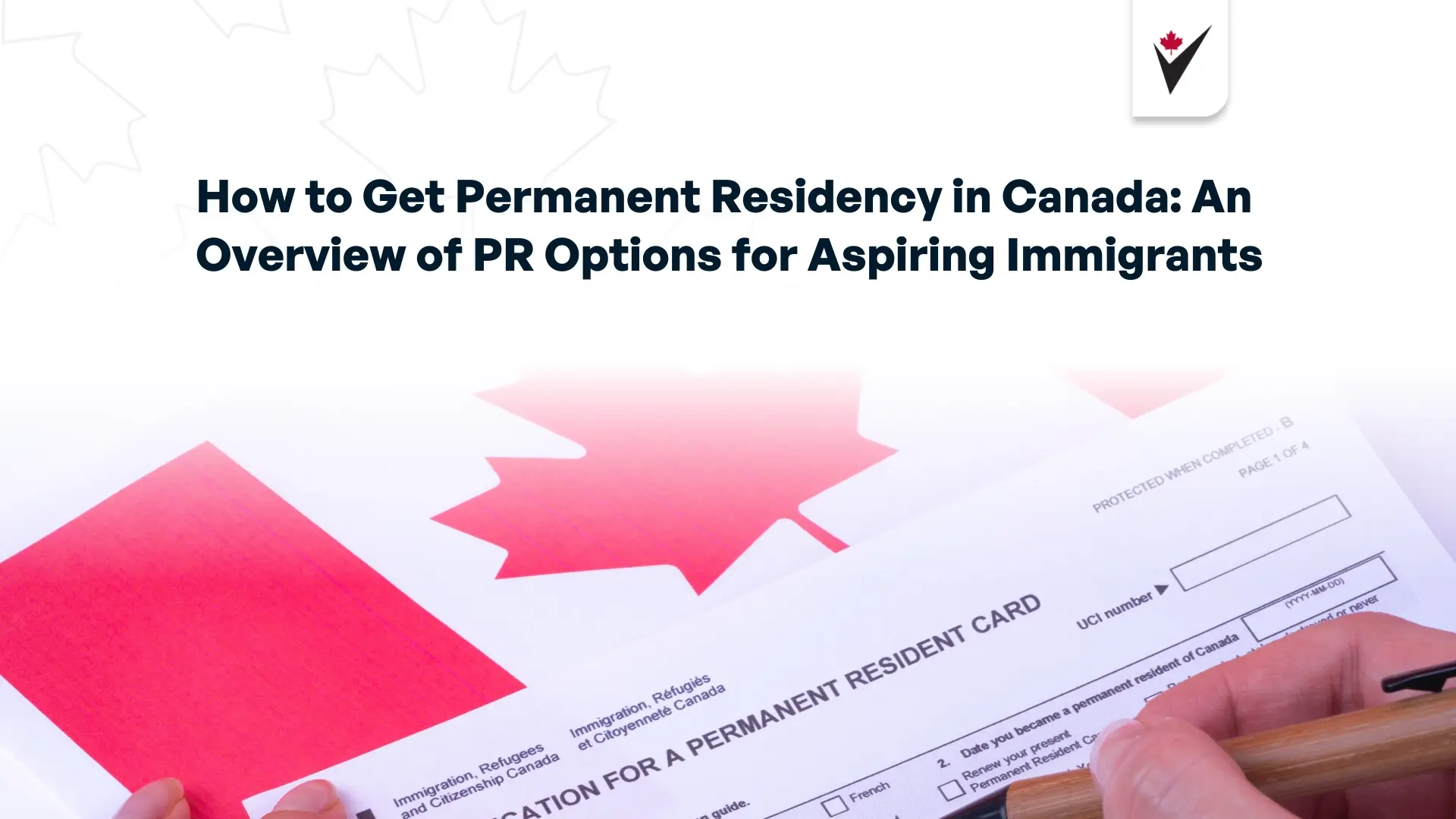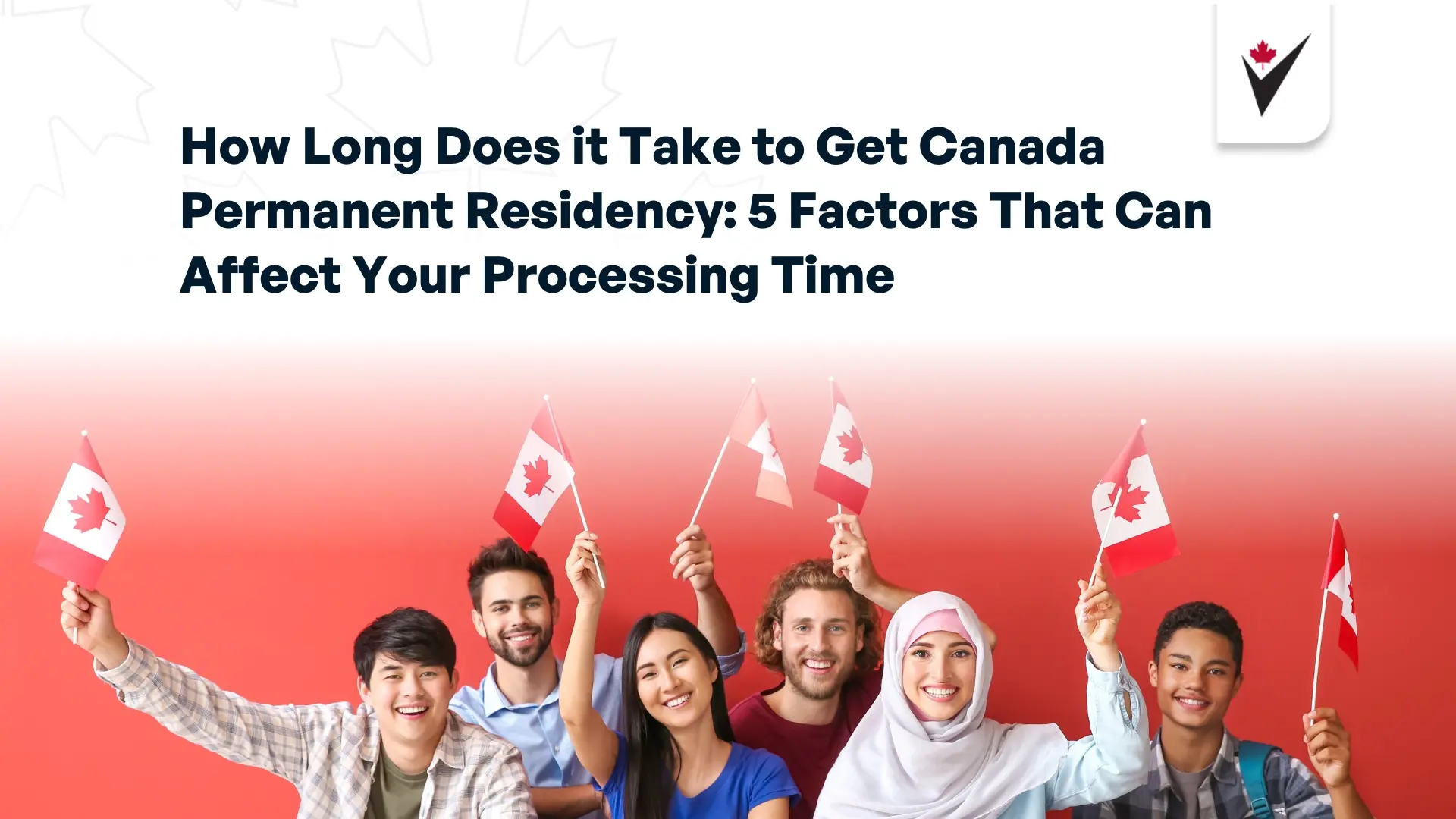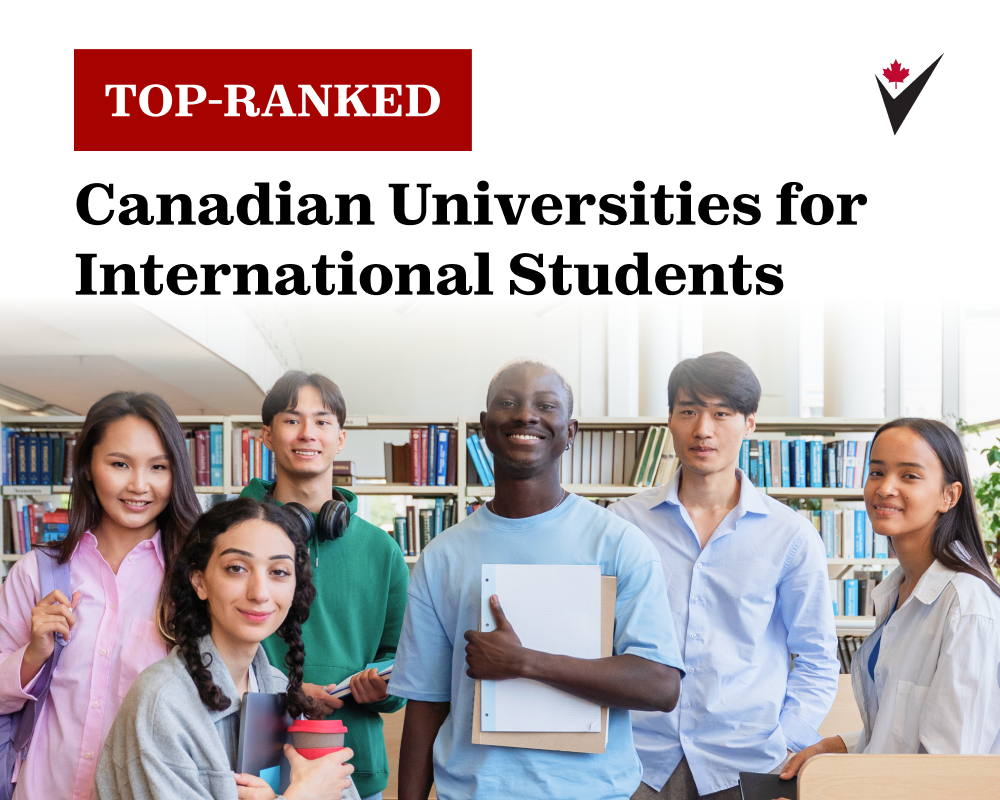- Visit
- Visitor Visa
Visit Canada
Canadian citizens and Canadian Permanent Residents have the right to enter Canada freely. Other visitors to Canada, including tourists, students, and workers, may need a Temporary Resident Visa (TRV) from Immigration, Refugees and Citizenship Canada (IRCC) to enter the country.
You do not need a Temporary Resident Visa to visit Canada if you are from a visa-exempt country. An Electronic Travel Authorization (eTA) will be required from visa-exempt travelers to board their flight to Canada.
Citizens from non-exempt countries must apply for a Temporary Resident Visa before entering Canada. If you plan to stay in Canada as a visitor for longer than 6 months, you will need a Visitor Permit to extend your stay.
Parent or grandparent of a Canadian permanent resident or citizen may be eligible for a super visa valid for up to 10 years. The super visa allows the visitor to stay in Canada for up to 2 years at a time.
Regulated Canadian Immigration Consultants (RCIC-IRB)
Proudly regulated by and in good standing with the College of Immigration and Citizenship Consultants (CICC). Jamie Dowla, registration #: R507233.

Our Canadian Immigration Success Stories
Learn About All of the Great Things
Canada Has to Offer!
Canadian Immigration News, Tips, and Resources

How to Get Permanent Residency in Canada: An Overview of PR Options for Aspiring Immigrants
For many aspiring immigrants, the dream of building a new life in Canada begins with securing permanent residency. Canada offers a welcoming environment, a high quality of life, and a wealth of
read more
How Long Does it Take to Get Canada Permanent Residency: 5 Factors That Can Affect Your Processing Time
If you’re seeking permanent residency in Canada, one of the most pressing questions you may have is: how long does it take to get Canada permanent residency? The waiting period can be a significant
read more
Top-Ranked Canadian Universities for International Students
Every year, Canada welcomes hundreds of thousands of international students. When you study in Canada, you invest in your future. In this article, we’ll explain why Canada is an ideal destination for
read moreFind Your Licensed Immigration Consultant
Wherever You Are Located
We assist clients across Canada and internationally. See the countries below to find your regulated Canadian immigration consultant.

